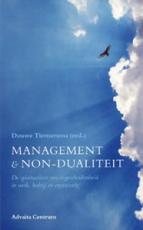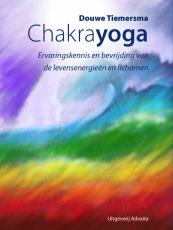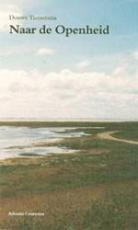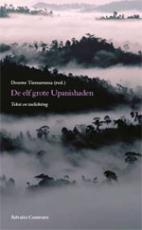Advaita Post #11-05 --- Away from myself as barricade...
Volume 11 #5, March 11, 2010
--- Away from myself as barricade, towards myself as fulfillment ---
Dag Hammarskjöld
The human tragedy
The open wholeness
From a talk on February 28, 2010 in Bruges (1)
Notes by Danny
Be aware of yourself. That is the first step towards freedom.
The structure of your existence is usually "me here and you there". In this way you define yourself as a fragment of the great whole.
Then there is a further fragmentation. There is the continual focus from out of your own center towards the other which you find important. Your attention goes outwards towards something, and with it, you bring your own energy into the object. Your orientation varies considerably as you regard the one as your own and the other not. Through that specific "occupation" with your own energy you become even more fragmented.
Suffering comes from fragmentation: there is separation and attachment. Separations give rise to conflicts. Every conflict is the result of the creation of separation. Attachment causes frustration and anxiety, because nothing is permanent.
Give up the fragmentation of your own existence-sphere. Let the whole limiting structure of your self-being disappear. Then there is wholeness, without suffering.
Be aware of your situation without fragmentation.
Everyone experiences this openness regularly, but people are not sufficiently aware of it.
When you are aware of this infinite openness, there no longer needs to be any restriction. Every fragmentation and specific attachment dissolves. It is completely open and complete. Because it is complete, there is nothing lacking and therefore no desire.
You notice then that you enter into your own authentic self-being. In that sphere, you can let go of everything. Then there is the natural situation.
Therefore recognize the patterns of fragmentation in an aware manner. If you start to focus on something it creates a narrowing of consciousness. If you find something important, you put yourself into it; if you have resistance against something or someone, a separation remains. This artificiality can disappear. Let the attachments and restrictions return back into yourself.
By turning within you enter into a deep relaxation. It allows you to release your patterns. Internally you confirm that it's good when you release them. It's good to calmly return to yourself and from there open yourself on all levels. Then there is a clear non-dual openness.
With the emergence of this insight, you realize that there is no path. There is a direct recognition of the openness that has always been there. You're never been separated from the source. It was always there all the time, even when you were not aware of it...
Everyone has a sense of the original source. So you can return to it.
Return to it, however vague it is at first. Turn the direction of your fragmented attention back towards yourself. By returning like this you let your 'I'-tension go and your self opens. Let it go, one hundred percent. Recognize this with awareness, because otherwise it will remain a peak experience that just appears and then quickly disappears again.
Er is geen tweeheid
als je ontspannen bent
in zelf-bewustzijn
is dat duidelijk.
Boeken
Douwe schreef en redigeerde gedurende zijn leven boeken. Via onze uitgeverij zijn deze nog verkrijgbaar.



